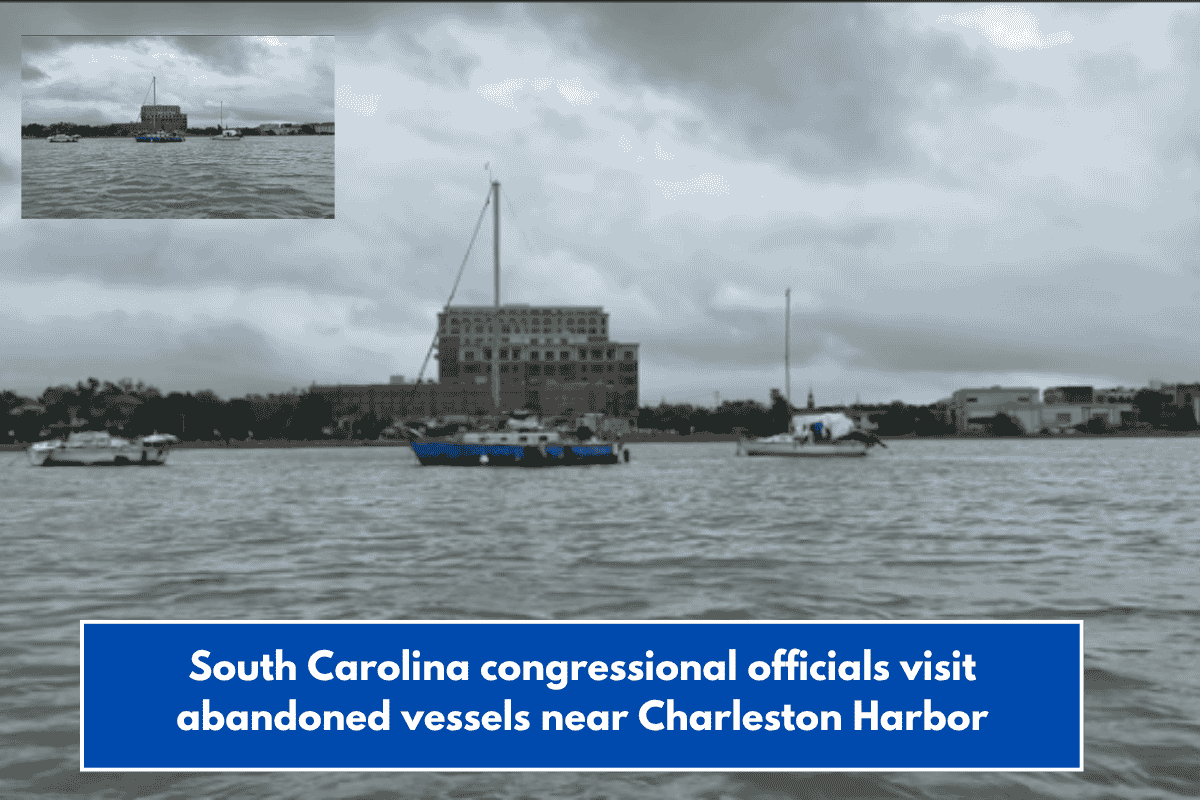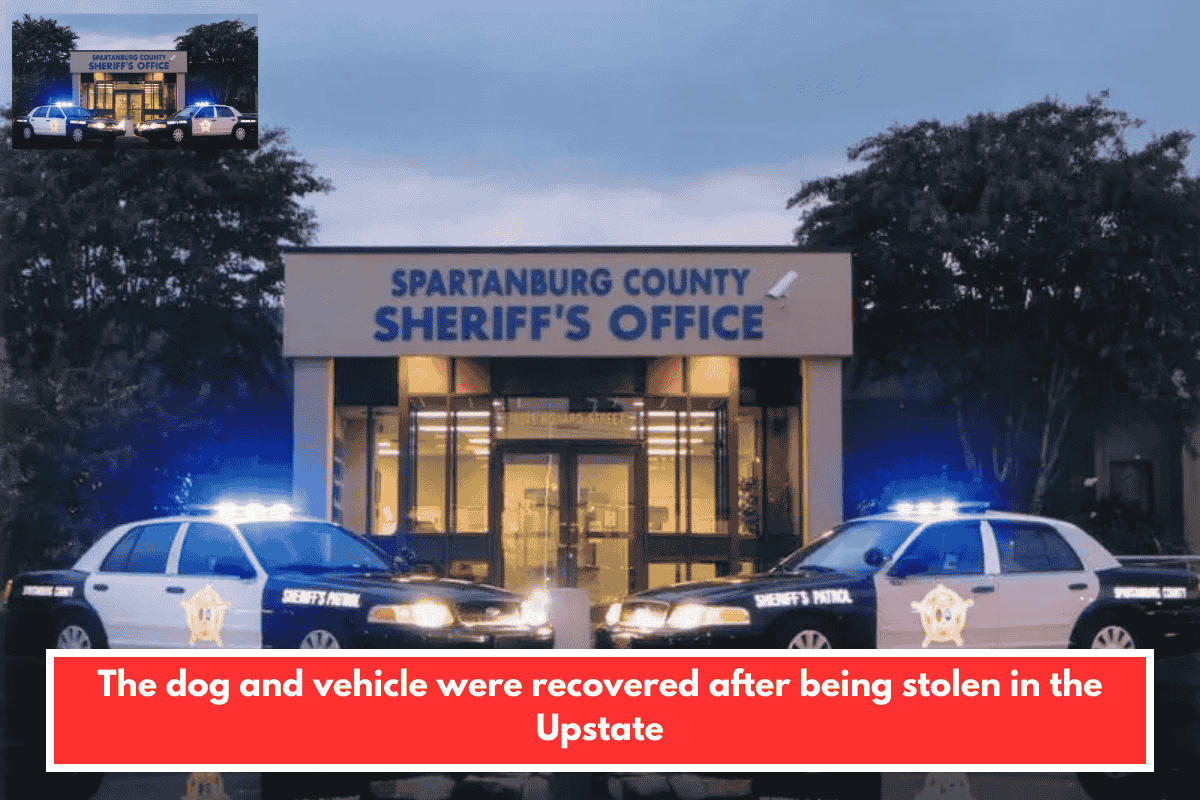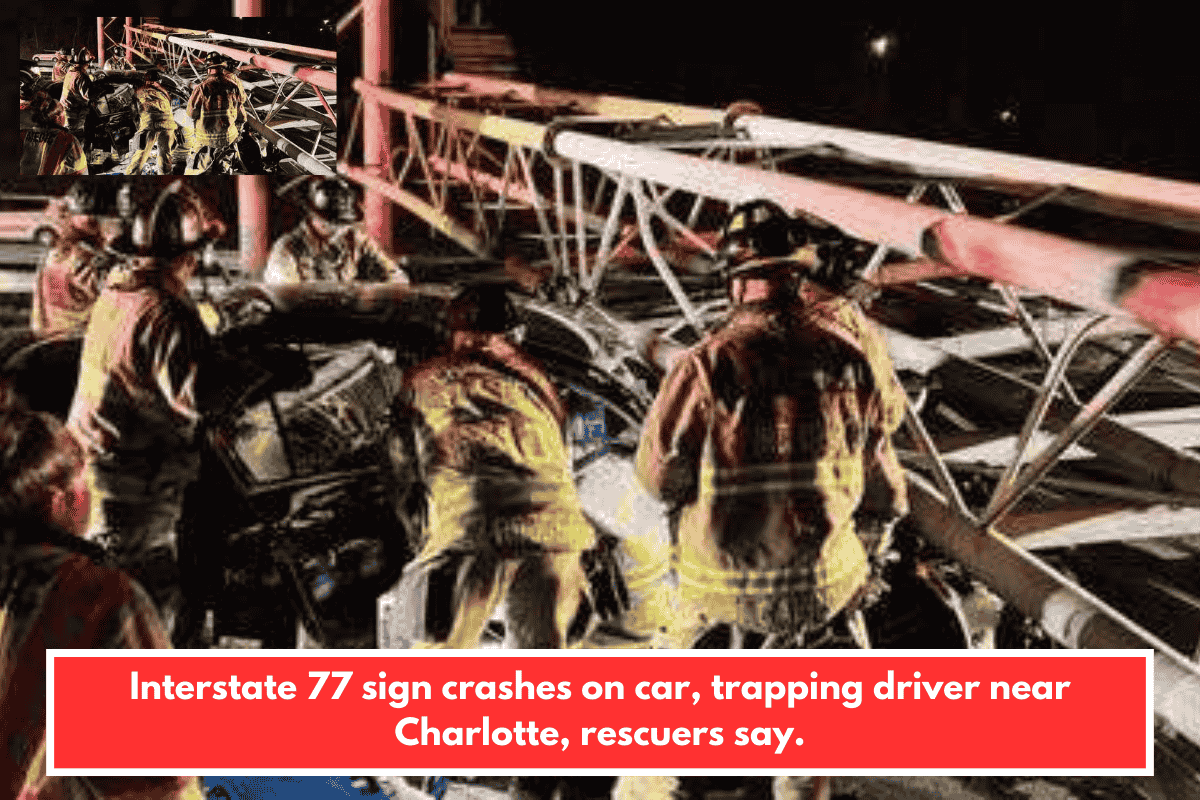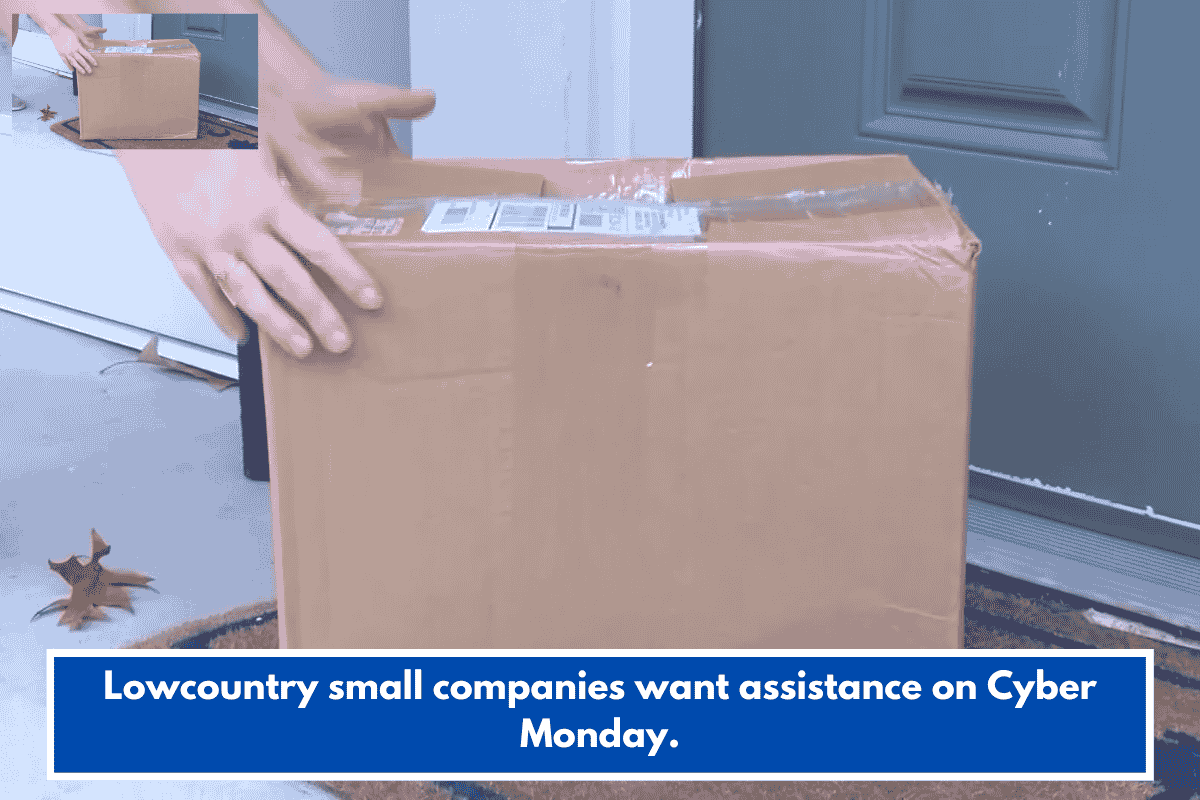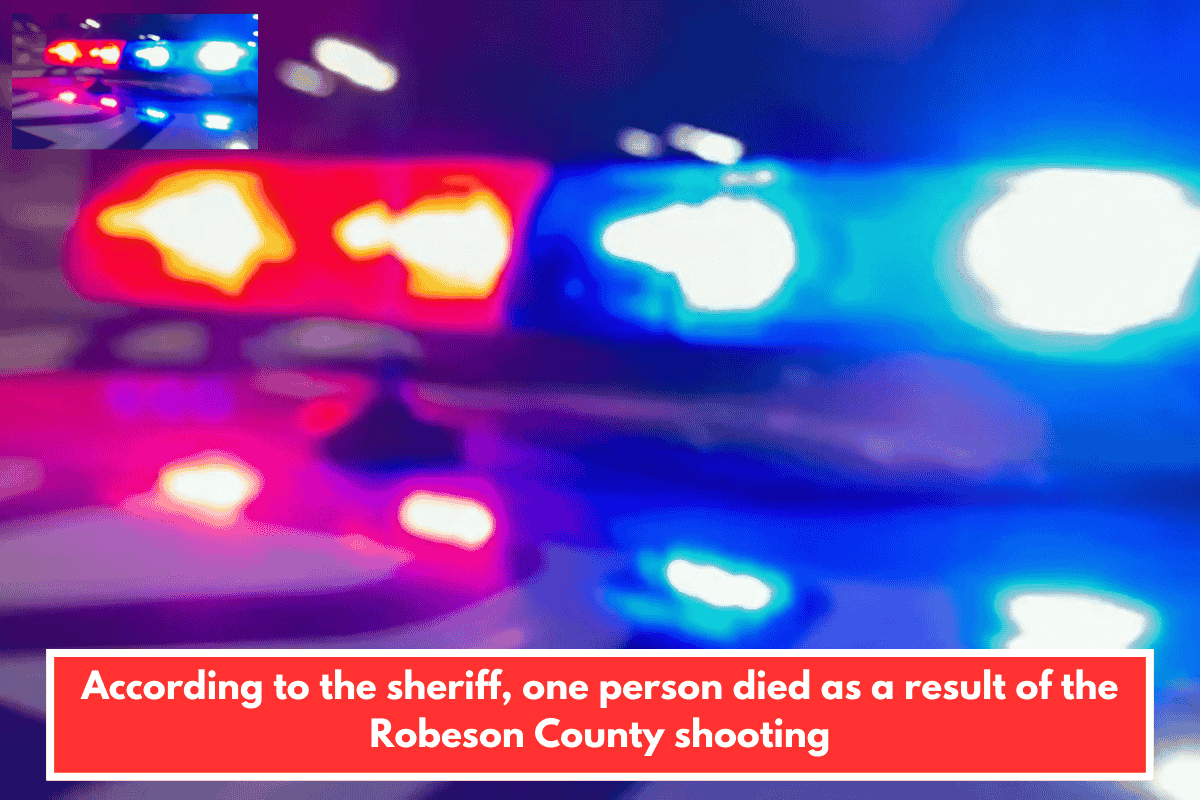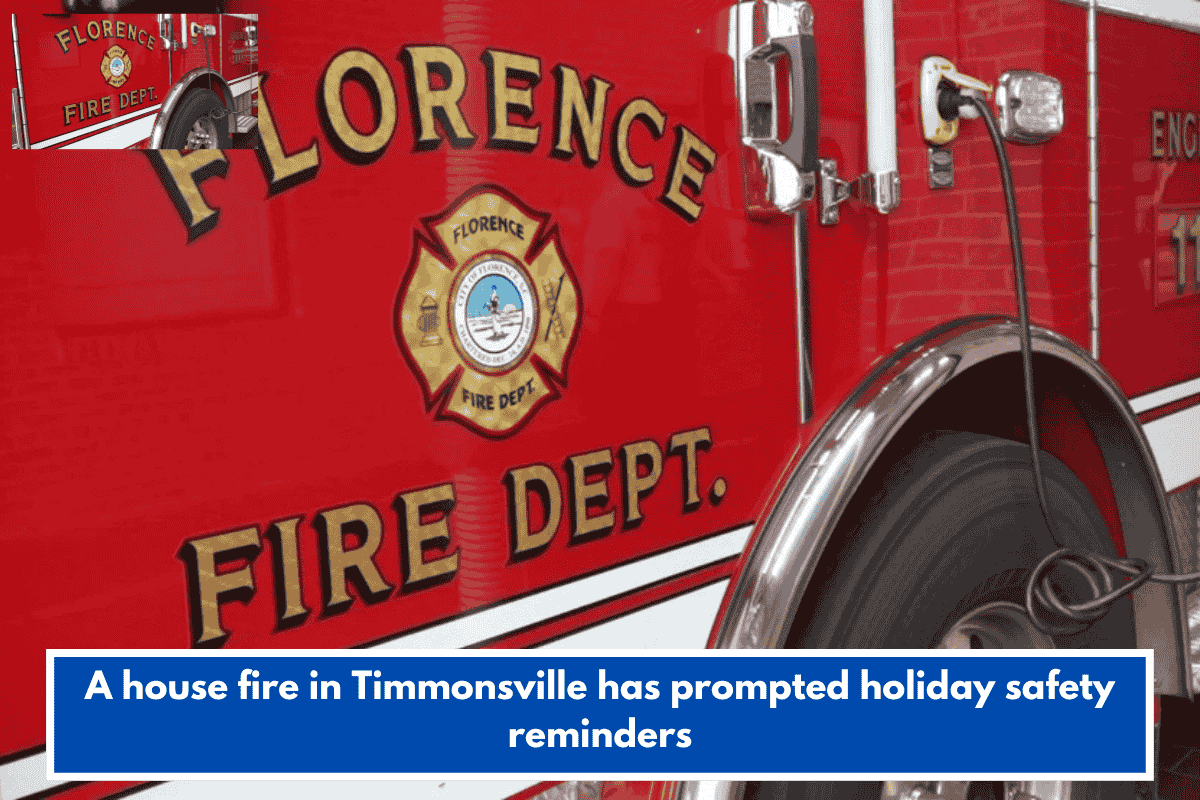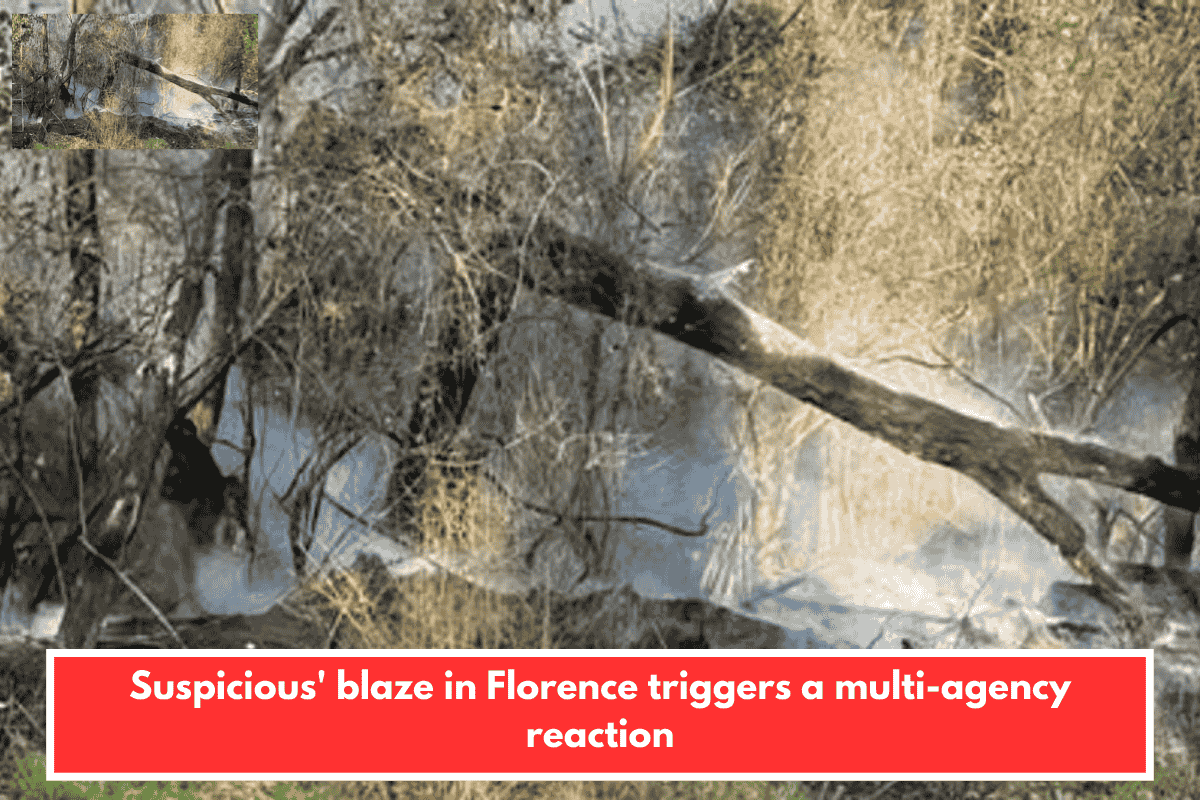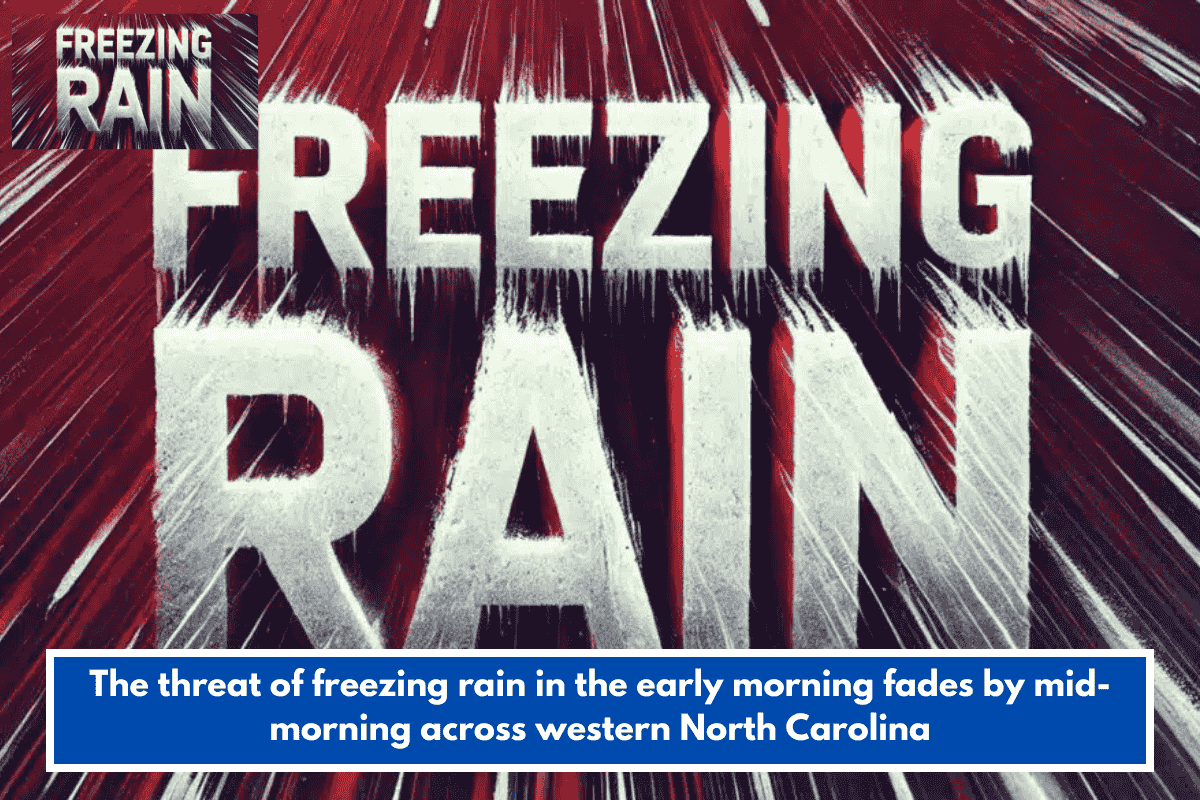The scenic waterways of Charleston County are facing a growing problem that threatens both safety and the environment — abandoned boats. Local agencies are now calling on South Carolina lawmakers and federal representatives to take stronger action to clean up derelict vessels that are becoming a dangerous and toxic presence across the Lowcountry.
Growing Concern Over Derelict Boats
On a recent tour of the Charleston Harbor, staff from Congresswoman Nancy Mace and Senator Tim Scott’s offices joined Wounded Nature Working Veterans and the South Carolina Department of Natural Resources (DNR) to see firsthand the environmental hazards posed by these abandoned boats.
Representative Tom Hartnett, who grew up in the area, said he has watched the problem worsen over the years.
“I grew up here, I grew up on the water, I’ve watched the boats all my life. I’ve noticed that the numbers have grown – looking out today I can see there’s more boats in the anchorage,” Hartnett said.
The Hidden Dangers Below the Surface
These boats are more than just an eyesore. Many are made of fiberglass and contain chemicals that pollute the water as they decay. Debris from these vessels can be harmful to marine life and can disrupt the local shellfish industry, which is a crucial part of the state’s economy and seafood supply.
“If you eat seafood, you don’t want shellfish that’s been eating fiberglass,” said Rudy Socha, CEO of Wounded Nature Working Veterans. “Fiberglass is nothing more than glass strands encapsulated in plastic — and it ends up breaking down in our waterways.”
Legislative Efforts to Tackle the Problem
There are about 30 derelict boats currently floating in Charleston Harbor, some of which are believed to have come from out of state. In response, lawmakers like Senator George Campsen and Representative Hartnett are pushing for tougher regulations.
Senator Campsen’s bill, recently passed, gives law enforcement and DNR more power to go after these vessels. Hartnett’s bill, which is still in committee, would require marine recovery insurance for boats anchored longer than two weeks, making it harder for owners to simply abandon them.
“My bill also includes a funding mechanism so we can deal with this issue long-term,” Hartnett explained.
Call for Federal Support and Funding
Wounded Nature has been able to remove derelict boats using private donations and volunteer help, but the scale of the problem is too large for local groups alone to handle.
“We’ve got about 3 million pounds of debris, including abandoned boats, scattered across our shorelines and waters,” Socha said. “There’s currently no state or federal funding allocated to help us clean this up.”
Hartnett emphasized the widespread impact of the issue: “It is not just a coastal problem. It is not just a Charleston problem. It is a problem that affects our entire state.”
Local leaders are hoping that the recent push and on-site visits will convince lawmakers to prioritize federal funding and policy support to protect South Carolina’s waterways and industries from further damage.

